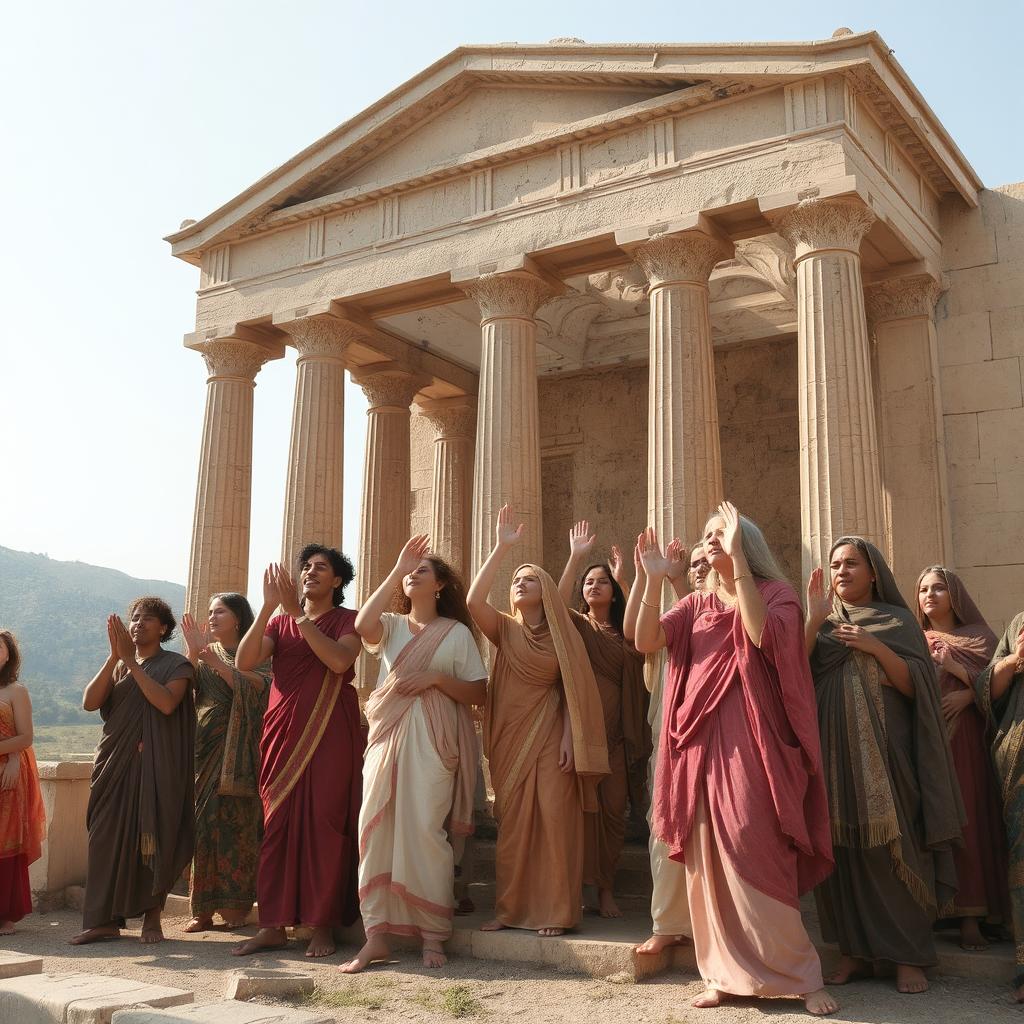Akrasia: why we don’t act and how to break the deadlock

Have you ever found yourself in a situation where you knew exactly what you needed to do, but for some reason, you couldn’t bring yourself to do it? You had the knowledge, the ability, and even the desire, yet you still didn’t follow through. Whether it’s postponing an important task, skipping a workout, or breaking a promise to yourself, this frustrating state of inaction is as old as humanity itself.
The ancient Greeks had a name for it: akrasia, ἀκρασία. Often translated as “lack of willpower” or “weakness of will,” akrasia describes the struggle between what we know is best for us and the temptations or impulses that lead us astray. The term was a favorite topic of debate among philosophers like Socrates, Plato, and Aristotle, who explored why we sometimes fail to act in accordance with our own better judgment.
Their insights are as relevant today as they were thousands of years ago, especially for anyone seeking personal growth and self-mastery. Let’s explore what the ancient Greeks had to say about this universal human struggle—and how we might overcome it.
The Tug-of-War within
Socrates, ever the optimist, believed that akrasia didn’t really exist. If someone fails to act in their best interest, he argued, it’s because they don’t truly understand what the best course of action is. For Socrates, knowledge of the good is so powerful that if you genuinely grasp what’s right, you will inevitably act accordingly.
But is it that simple? Most of us can easily think of times when we knew exactly what we were supposed to do but couldn’t make ourselves do it. You plan to eat healthily, yet you reach for the chocolate cake. You intend to focus on work, but instead, you scroll through social media. It’s not that you don’t know better—you do! Something else seems to take over in those moments.
Plato, Socrates’ student, offered a more nuanced view. In his famous metaphor of the charioteer, he describes the soul as a chariot pulled by two horses: one representing reason and the other representing our desires and impulses. The charioteer (our rational mind) must constantly struggle to keep the horses moving in the right direction. When the horse of desire becomes too strong, it pulls the chariot off course, and we give in to temptation.
Sound familiar? This internal conflict—the rational mind versus emotional impulses—is at the heart of akrasia.
Why do we act against our better judgment?
Aristotle brought the discussion closer to the real world by focusing on habits and emotions. For him, akrasia isn’t about a lack of knowledge but about the failure to align our emotions and desires with our rational goals. You might know that waking up early to exercise is good for you, but if your emotional attachment to staying cozy in bed is stronger, your knowledge won’t win the battle.
Aristotle believed that the key to overcoming akrasia lies in cultivating virtue. Virtue, in this context, isn’t just about moral goodness—it’s about building habits and behaviors that align your actions with your higher goals. By practicing virtuous actions consistently, you train your desires to follow your rational mind, rather than opposing it.
Practical lessons for today
The ancient Greeks didn’t just give us fascinating theories—they also left behind lessons we can use today. If you’re struggling with akrasia, consider these ideas:
Clarify your goals
Like Socrates suggested, sometimes our inaction comes from not fully understanding why something matters to us. Take the time to reflect on your goals and connect them to your deeper values. Why do you want to be healthier, more disciplined, or more productive? The clearer your “why,” the harder it will be to ignore it.
Strengthen your inner charioteer
Plato’s metaphor reminds us that the rational mind needs to stay in control. One way to strengthen your “charioteer” is through mindfulness. Becoming more aware of your impulses as they arise can help you pause and make a conscious choice instead of acting on autopilot.
Practice, practice, practice
Aristotle taught that self-mastery is a skill, not an innate trait. Start small: if you struggle with procrastination, commit to working for just five minutes. If you want to improve your diet, make one healthier choice a day. Each small victory builds momentum, reinforcing the habits that align with your long-term goals.
Plan for temptation
The Greeks understood that we’re not always at our strongest. Create an environment that minimizes distractions and temptations. If you know you’re likely to skip a workout, schedule it with a friend. If social media derails your productivity, set app limits or work offline.
The path to Self-Mastery
Akrasia is a universal struggle, but it’s not insurmountable. The ancient Greeks understood that the key to overcoming it lies in aligning reason, emotions, and actions. It’s about more than just willpower—it’s about cultivating self-awareness, building habits, and creating an environment that supports your goals.
Next time you feel yourself veering off course, remember Plato’s chariot and Aristotle’s wisdom: self-mastery is a journey, not a destination. With practice and patience, you can train your inner horses to pull in the direction you truly want to go. And when they do, you’ll find yourself not just achieving your goals, but living with a sense of purpose and harmony.
This timeless lesson from the Mediterranean Way reminds us that self-mastery isn’t about being perfect—it’s about learning, growing, and striving to be better every day. So, which way will your chariot go? The choice is yours.


